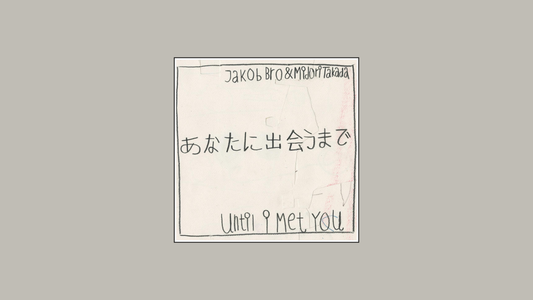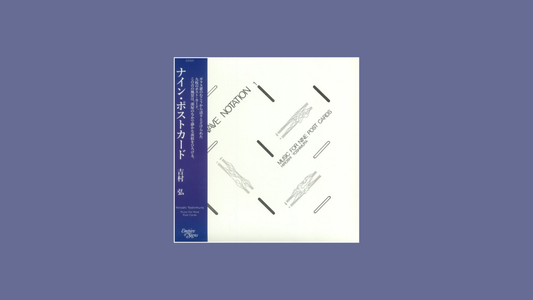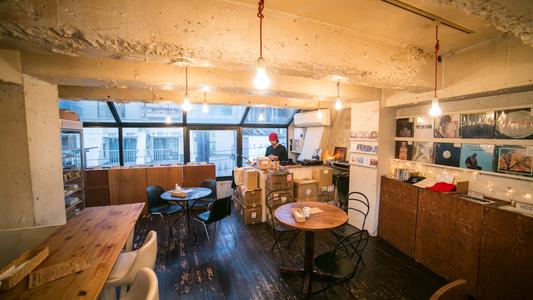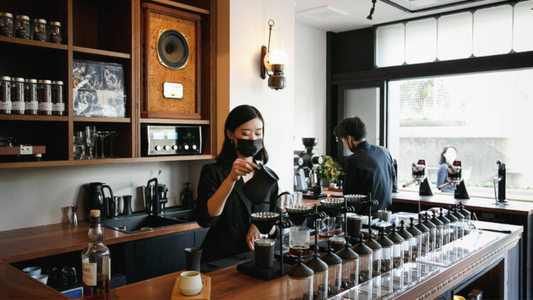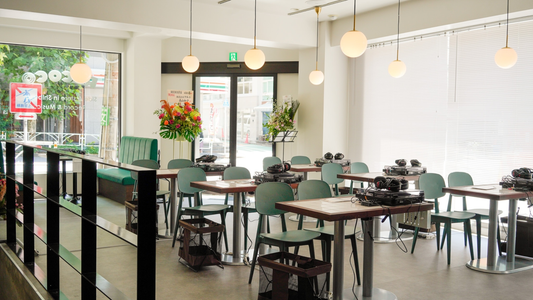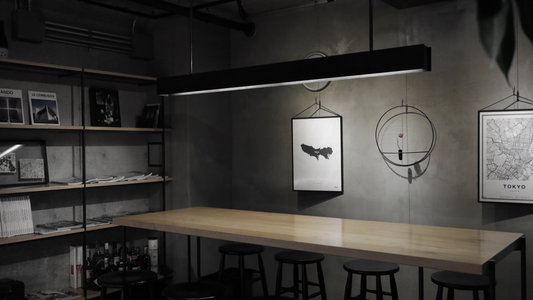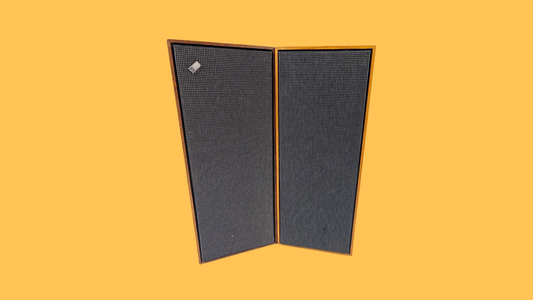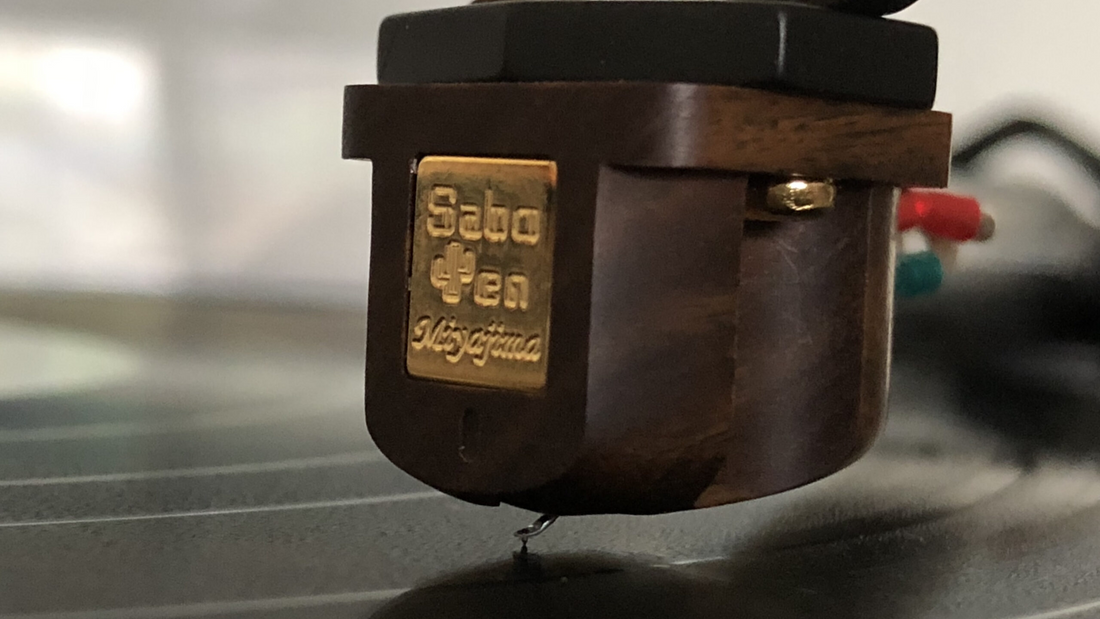
Miyajima Laboratory — The Artisan Needle for Mono Nights
By Rafi Mercer
There are nights when stereo feels excessive. When the mix of left and right seems less important than the grain of a voice, the warmth of a bass, the presence of a horn. Those are the nights when a Miyajima cartridge makes sense. Handmade in Fukuoka, Japan, by Noriyuki Miyajima, these moving-coil cartridges are less products than artefacts — hand-wound, idiosyncratic, and imbued with a philosophy that favours musicality over measurement. In listening bars, they are the artisan’s choice, the cartridge you reach for when the record on the platter is a Blue Note original or a shellac pressing that demands respect.
Miyajima Laboratory was founded in 2004, long after the so-called golden age of vinyl had passed. At a time when most of the industry was chasing digital convenience, Noriyuki Miyajima was crafting cartridges in small batches, each assembled with patience and care. His signature innovation was the “cross-ring” design — a mechanical approach that allowed true mono playback with a kind of focus and coherence few rivals could match. Where stereo cartridges tend to skate over mono grooves, Miyajima’s seemed to sink in, pulling out a solidity that felt like time travel.
The effect in a bar is extraordinary. I remember a night in a Kyoto kissa where a Miyajima Zero cartridge rode a 1950s Prestige pressing of Miles Davis. The sound had weight, not just in the bass but in the very air. Cymbals didn’t shimmer left and right, they shimmered forward, like sparks in the room. The trumpet was not placed in space but anchored, present, undeniable. For the dozen people sipping whisky in that small wooden room, it was less like listening to a record and more like listening to an event.
What sets Miyajima apart is its devotion to mono. In a world obsessed with stereo imaging and detail, these cartridges insist that music can be deeper, more human, when it is singular. That philosophy resonates in listening bars, where albums are played in full, where concentration is valued over distraction. To hear Billie Holiday through a Miyajima is to be reminded that the essence of her voice lies not in left-right separation but in the crack, the breath, the ache.
Yet Miyajima is not only about mono. The company also makes stereo cartridges, each with the same hand-built care, the same balance of warmth and precision. They are not neutral in the EMT sense, nor muscular like Denon, nor lush like Ortofon. They are intimate. They ask you to lean closer, to pay attention, to allow the imperfections of the groove to become part of the beauty.
In listening bars, this intimacy becomes atmosphere. When the lights are low and the record is rare, a Miyajima cartridge can turn a bar into a temple, where conversation gives way to reverence and the simple act of listening becomes communal. It is not about hi-fi as spectacle. It is about sound as memory, as texture, as soul.
In an age of mass production, Miyajima remains defiantly artisanal. Each cartridge carries the touch of its maker, each one a reminder that vinyl is not just a format but a craft. And in listening bars, where every detail matters — the wood of the counter, the glow of the amplifier, the weight of the glass — that craft is what makes the night.
Rafi Mercer writes about the spaces where music matters. For more stories from Tracks & Tales, subscribe, or click here to read more.

